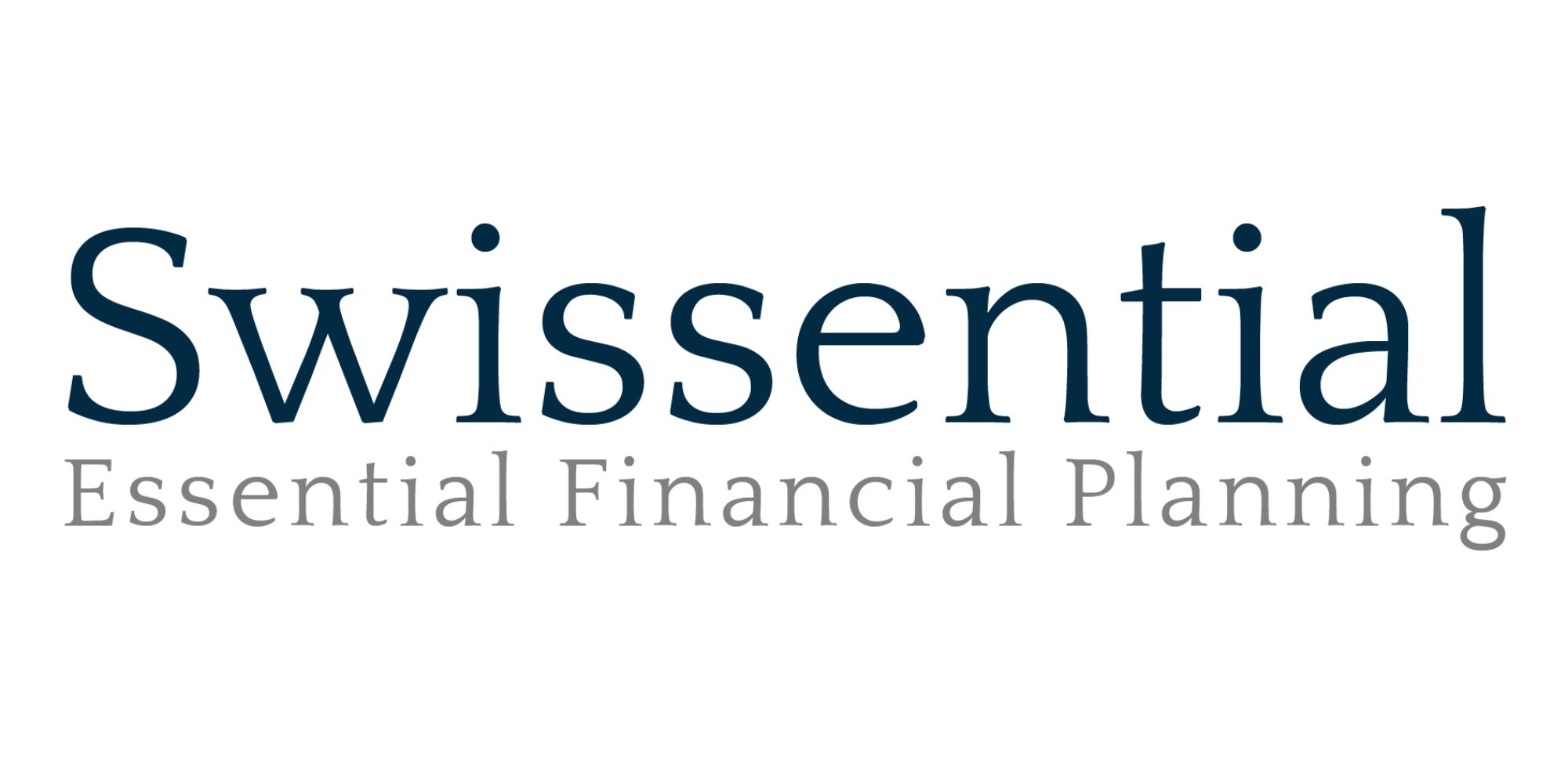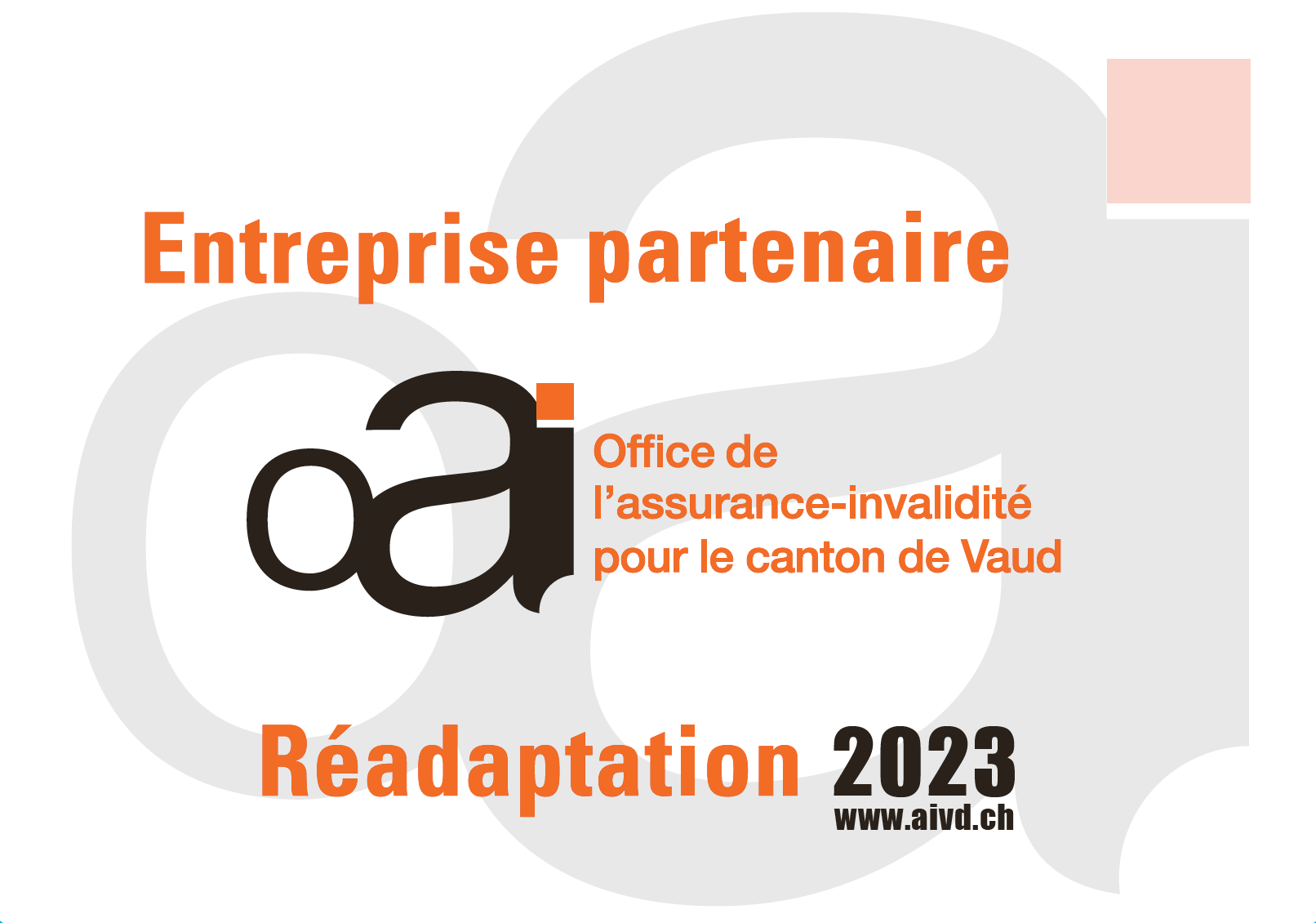1. Before you arrive
The dream is becoming a reality. But taking the time to plan is important.
There are additional costs to consider. Moving expenses, time off to prepare, storage facilities, rental contracts, mortgages, household bills, tax bills, extra winter clothes (The weather in Zurich is somewhat different than Lisbon during winter).
Bills and expenses don’t stop when you move to a new country. In most cases they’ll increase before your move. Make sure you’re saving some cash each month before you move to cover these additional costs. If you need to take on debt, take a low-cost loan or use interest free periods on credit cards in your home country – you don’t want to take on debt as soon as you land. We would all like to believe we will be successful, and everything will work out, but always have a plan B and short-term savings will help you achieve this.
2. Just Arrived
You may find that whist acclimatizing you eat into your savings – generating a social circle will be important to help you feel comfortable in your new surroundings. Social spending may increase in the short term and there are a few key areas that you need to be address.
Understand your new tax environment. Low taxes are great, but what help will I get from the state? What if I’m ill? What if I can’t work? What happens when I die? What will happen to my family?
It is more than likely that without addressing these issues you run the risk of financial ruin. Policies that you previously had in place may now be invalid. For example, most Life Insurances taken out in the UK will not cover you for prolonged periods abroad. Health insurance is a big one. Switzerland has a relatively complex Healthcare system, for any newcomer. A review of what you have and what you need immediately is essential. Don’t let your loved ones suffer, make the future safe and protect what you can and what’s most important to you.
Understand what you are entitled to from your old tax environment. Not sure if you’ll be staying long? You have a 3 to 5-year plan and you’re going to return home? Want to spend more than 3 months back ‘home’ each year?
Generally speaking, if you call the UK ‘home’ and you spend more than 90 days there you could be deemed a resident and therefore taxed as such. In many cases, the time frame could be shorter depending on how many ties you have with the UK. Understanding your position is key to avoiding expensive mistakes. If you are deemed a UK tax resident your income could be liable to UK tax.
As an expat, you can also still contribute to the UK tax system through National Insurance contributions and benefit from accruing things like the State Pension. You can also contribute into a UK pension scheme up to £3,600 gross per year. Many pension schemes will give you basic rate tax relief at source and therefore it will only cost you £2,880 each year. There is a time limit on this ability and you can only do this for 5 years after you’ve left the UK.
Knowing what you don’t know, is a skill we ignore all too often. Speak to those that do.
3. One Year In…
You’ve survived the first year! By now you should have a good idea about what’s coming in and what’s going out every month. If you don’t you should do. Budgeting is key to understanding where your money is going and how much extra you have at the end of the month. Expats enjoy a healthy salary and have the opportunity to secure their financail future. Don’t waste it.
Make the most of what you have where you live. In Switzerland you have access to very tax efficient savings vehicles. Planning early enables you to take advantage of tax savings earlier, and you’ll benefit from compound growth, the eighth wonder of the world! You don’t need to save a lot each month if you start early enough.
Start to set goals for what you want to achieve. The kids’ future, your retirement. We’re more likely to get to where we want to go if we have a map. Split the goals into short term, midterm and long-term goals. Remember to stay liquid and have enough cash for an emergency.
Where are you going to invest? Think about your currency exposure. This will be a new risk to consider if this is your first time working abroad. Reduce the risks you can. And save in a currency that you will likely spend in the future. This might be spread across different currencies in different jurisdictions.
4. Three Years In…
By now you’ll have your routine set. You know all the good places in town and the career is going from strength to strength. You may have more disposable income and re-budgeting and keeping on track is key to realising those goals you set yourself. All too often wage increases coincide with lifestyle changes and we tend to forget the longer term objectives.
New life events are a common theme for seasoned international workers, whether this be a new child, children starting school, marriage, family death, divorce… life goes on and your ability to withstand and build after these events will largely depend on the planning you have made previously. Reviews and readjustments are a part of life and yours goals may alter. You might be starting to think about that magic number? What is yours? What do you need to leave, to start a new life somewhere?
You might be thinking about disposing or selling assets down in your home country. In the UK for example, after three full tax years, certain assets can be sold capital gains tax free in the UK for non-residents. That stock holding from a previous employment, your investment account with the bank – now is the time to consider your options.
What about that UK Pension? How’s that getting on? Do you know what you’ll get from it? What if you die before taking it? When looking at your assets based in different countries, don’t forget about your pension. It can be one of the most valuable assets that you own and if you don’t look after it, it may not be able to look after you!
5. Ten Years In…
A seasoned veteran expat. Your advice to new comers is essential and you will have learnt from your experiences. But how long are you planning on staying? What’s the exit plan? Have you saved enough, or do you need to do more?
By now you need to know what income level you need in retirement and how far you are away. Funding any shortfall whilst you can will be invaluable for your financial future.
You might be in a position where you’ve built up assets in a rather random fashion and need to reorganise what you have. Making use of the right tax wrappers and ensuring you put these in place well before you leave will only benefit you financially in the future. For example, international investment bonds offer savers time apportionment relief from tax – i.e. the longer you’ve held the policy internationally, the lower the tax burden will be if you return to the UK. Even if you top the policy up at a later date, the date of the relief is given from the day you took out the policy. Couple this with other tax advantages, such as tax deferred withdrawals and optimising the use of international trusts and you might just have saved thousands, if not hundreds of thousands in tax.
6. Leaving and Heading Home
Your time has come but it’s not too late to make some small changes that will have a big impact. Whether you’re leaving to enter retirement, you’re home sick or just finished one step in your career to take another, there are certain things you can do.
Depending on where you are heading next, make sure the assets you hold are in the most tax efficient vehicles. Forgot about any stock holdings with large capital gains? Think about crystallising those gains and rebasing the assets. Use the right tax wrappers to protect your capital from any taxes on growth or income. Think about how your investments are structured, do you need an income from them? How much do you need? Much the same as when you first arrived, there are factors to consider around increased short-term costs and any debts should be paid off before you get on that plane.







